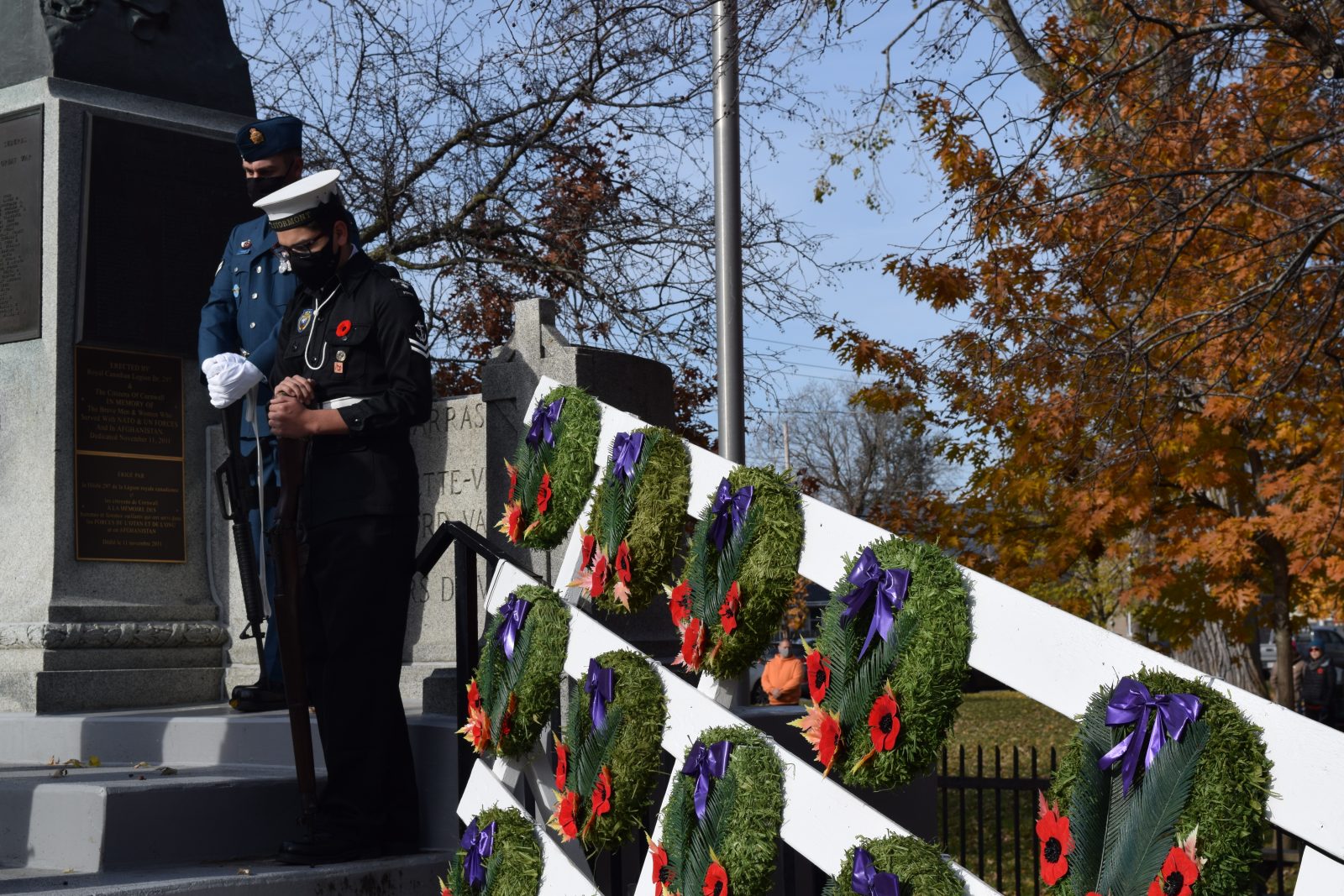As we approach another Remembrance Day this Thursday, I want to take the time to talk about the ways that the pandemic has affected veterans.
While the pandemic has changed the way that Remembrance Day is recognized, veterans have been more deeply affected in different ways.
Whether they be the few World War II and Korean War veterans that we still have with us, or younger veterans of Canada’s participation in the Afghanistan War, veterans have had to face issues such as mental health struggles and homelessness that have been worsened by the pandemic. I am not a veteran myself but am thankful to all for their service. As a journalist, I do observe issues in our community and many of these issues disproportionately affected veterans.
It is estimated that there are between 3,000 to 5,000 homeless veterans living in Canada. A survey of 61 homeless shelters in different Canadian communities in 2018 showed that 4.4 per cent of their clientele were veterans. Compare this to the fact that veterans make up an approximate 1.7 per cent of the Canadian population and you can already see that three years ago that veterans were well represented in homeless shelters.
Homelessness is a growing problem in the Cornwall area, one that was invisible until the pandemic pushed it into the light. I am aware that there are veterans in our community who are experiencing homelessness, which just further highlights the need for our municipal, provincial, and federal governments to take action on this issue.
As we’ve covered in this paper, mental health has been a struggle for many during the COVID-19 pandemic, with some calling it the second pandemic. This issue too it would seem disproportionately affects veterans.
A story published last week by CTV News stated that the average case worker at Veterans Affairs Canada was responsible for supporting around 33 veterans.
Many veterans turn to their local Legion branch for support. Until recently, many local Legions saw their regular activities scaled back due to the pandemic. Legions are not only often a contact point for veterans to access certain services, they are also some of the only social interaction that some vets have, particularly seniors.
All of these issues do not have an easy answer, but I point them out because as we recognize Remembrance Day, we should all acknowledge that this day is more about wearing a poppy or attending a ceremony at a local cenotaph. Remembrance Day means more if we actually take the time to think about veterans, the sacrifices they have made, and the support that they need from us, from our communities, and from our governments.
How will you recognize Remembrance Day this year? Email me a Letter to the Editor at nseebruch@seawynews.media




